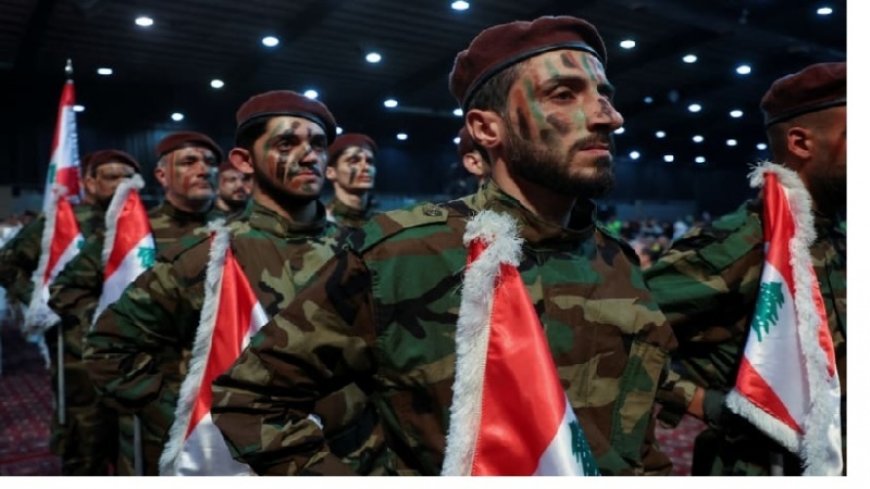Hezbollah's Rocket Attacks Reach Record Levels as Tensions Escalate in Northern Israel
In a dramatic escalation of hostilities, Hezbollah's recent rocket attacks have set new records, intensifying fears and concerns across northern Israel. The surge in aggression has prompted sharp criticism of the Israeli government's handling of the northern front, with accusations of negligence and ineffective strategy.

In a dramatic escalation of hostilities, Hezbollah's recent rocket attacks have set new records, intensifying fears and concerns across northern Israel. The surge in aggression has prompted sharp criticism of the Israeli government's handling of the northern front, with accusations of negligence and ineffective strategy.
According to reports from Israeli media and military sources, Hezbollah has launched a staggering 1,307 rockets from Lebanon into northern Israel over the past month, marking the highest monthly total since the onset of the current conflict with Gaza. The attacks, which occurred throughout August, averaged approximately 40 rockets per day, reflecting a significant increase in frequency and intensity.
Hezbollah's strategic operations targeted several key locations in northern Israel, including military assembly centers and civilian areas such as Ibrim, Al-Maraj, Jal-alAla, Miron, Al-Manara, Shetula, Kariat Shemona, and Beit Hillel. The assaults have resulted in multiple injuries among Israeli civilians and military personnel, further escalating the crisis in the region.
Israeli Media Criticism and Public Despair
Israeli Channel 12 has criticized the government's response to the escalating violence, accusing Prime Minister Benjamin Netanyahu’s administration of failing to address the threat effectively. The channel’s reports suggest that the current Israeli cabinet has been more focused on other issues, neglecting the growing dangers in the north.
Channel 12 correspondent Hedar Gitzis highlighted the pervasive sense of despair among Israeli settlers. “Despite ongoing military efforts, the attacks from Lebanon persist unabated,” Gitzis reported. “Hundreds of thousands of Israeli residents are struggling with the reality of daily rocket fire, leading to a pervasive sense of disillusionment and insecurity.”
Internal Criticism of Israeli Military Strategy
The situation has also prompted internal criticism from within Israeli military ranks. Former Israeli Army Ground Forces Commander Guy Tsur criticized the current strategy, stating that Israel’s approach is ineffective and lacking direction. “Our strategy seems to be focused on maintaining the current political status rather than effectively countering Hezbollah’s advances,” Tsur remarked. “It feels as though we are adrift, moving without clear objectives or results.”
The former head of the operational department echoed similar sentiments, describing Israel’s approach as a "failed engine," moving along with the current without achieving significant progress or resolution.
Broader Context of the Conflict
The recent spike in violence in northern Israel is part of a broader conflict that has seen widespread devastation. Since October 7, Israel has been engaged in extensive military operations in the Gaza Strip and the West Bank, resulting in significant casualties among Palestinians. Reports indicate that over 40,000 Palestinians have been killed and more than 94,000 injured due to the ongoing conflict.
The intensified clashes in northern Israel come amid a backdrop of global and regional tensions, with resistance groups in Gaza, Lebanon, Iraq, Yemen, and Syria vowing retaliation against Israeli actions. The escalation of violence highlights the ongoing and complex nature of the Israeli-Palestinian conflict and its regional ramifications.
As the situation continues to evolve, the international community remains closely monitoring the developments, with a focus on the potential for further escalation and the impact on civilian populations on both sides of the conflict.













































